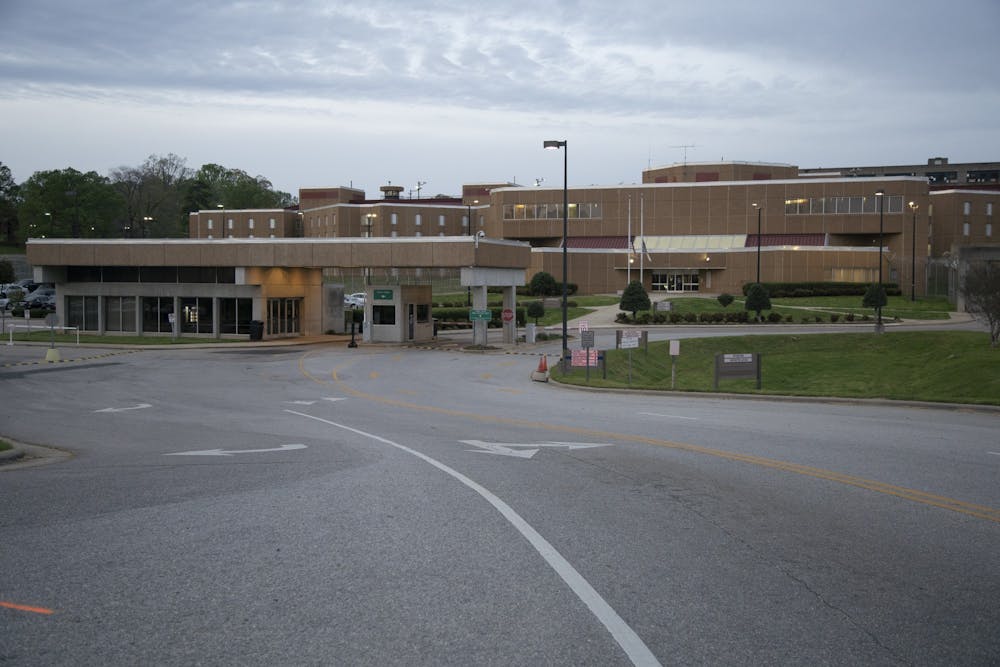The first four cases of COVID-19 in state prisons were announced on Thursday, two days after the North Carolina Department of Public Safety increased efforts to limit the spread of coronavirus in prisons.
In addition to the four inmates who tested positive, Todd Ishee, commissioner of prisons for the state, announced that four employees had also reported they were infected with COVID-19.
As COVID-19's spread was ramping up in mid-March, a coalition of advocacy groups sent letters to the governor, DPS, the North Carolina Conference of District Attorneys, chiefs of police and sheriffs calling on them to do more to protect inmates.
“We’ve known for awhile now that our prisons and jails across the state are particularly vulnerable to an outbreak of COVID-19,” Molly Rivera, a spokesperson for the American Civil Liberties Union of North Carolina, said.
Rivera said this is because prisons lack access to basic hygiene, and there aren't enough medical staff and resources to be able to care for a large number of sick people.
The coalition is composed of the ACLU, Forward Justice, the North Carolina Justice Center, North Carolina Prisoner Legal Services and others. The letters asked public officials to consider a series of actions including releasing people from jail and prisons who are not a threat to public safety, reducing the number of people entering the system and protecting the health of people currently in the prisons.
Ivy Johnson, a staff attorney for the North Carolina Justice Center, said one of the arguments against releasing people from prison was that many of the most vulnerable people currently incarcerated in a state prison are serving long sentences and thus not good candidates for release.
“We sent DPS and district attorneys across the state a list of at least a few hundred people currently incarcerated who are over the age of 60 and set to be released within the next 12 months,” Johnson said. “Furthermore, while there are certainly people in the most at-risk population who are serving long sentences, many of these sentences are the result of the habitual felon laws and have nothing to do with the underlying offense, many of which are for low-level felonies.”
Visitation and volunteer visits were suspended at all prisons on March 16, although legal visitation and pastoral care visits were allowed to continue subject to medical screenings. John Bull, communications officer for the state prisons, said in lieu of visitation, offenders were allowed to make more phone calls than they would usually be allowed.



